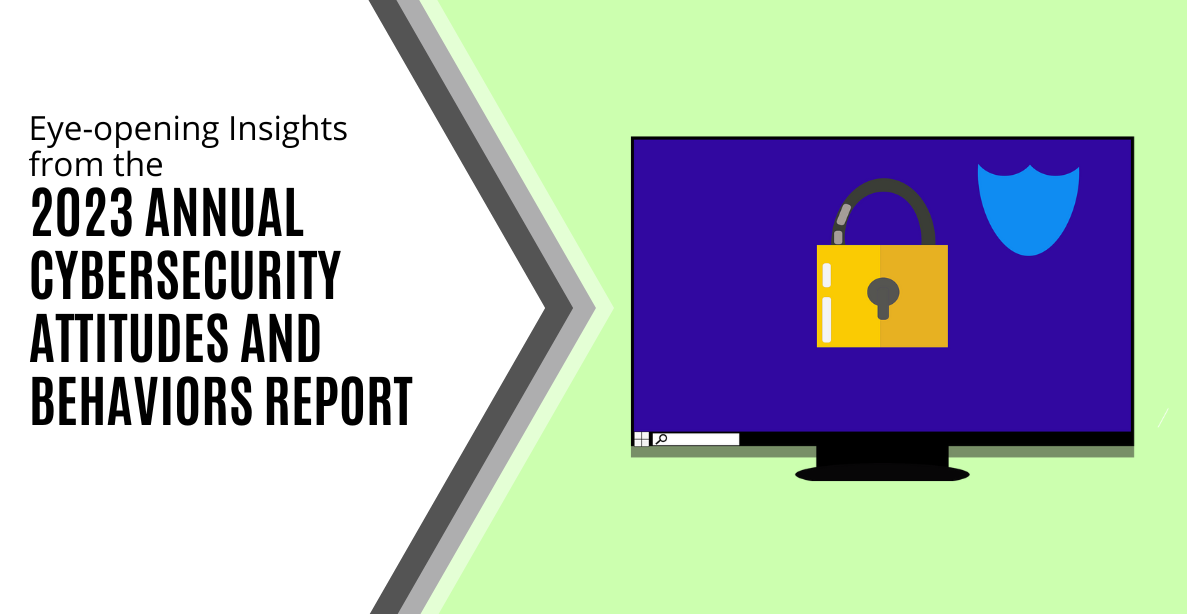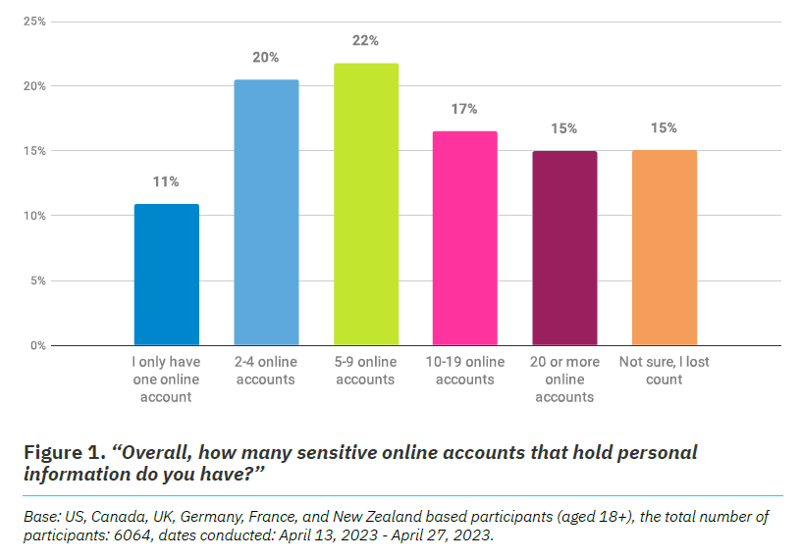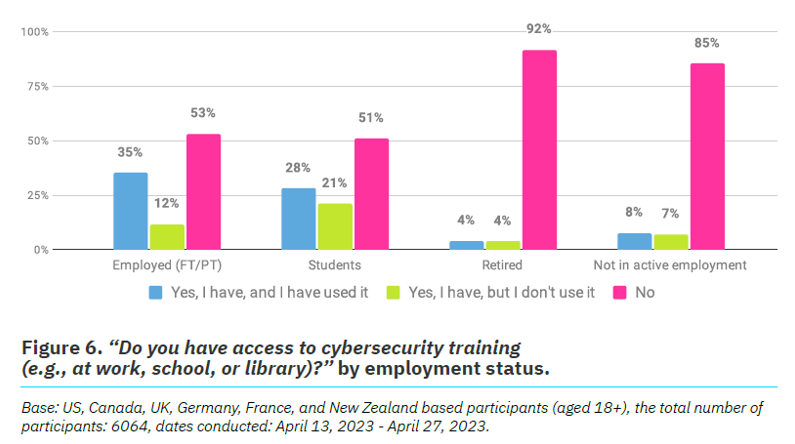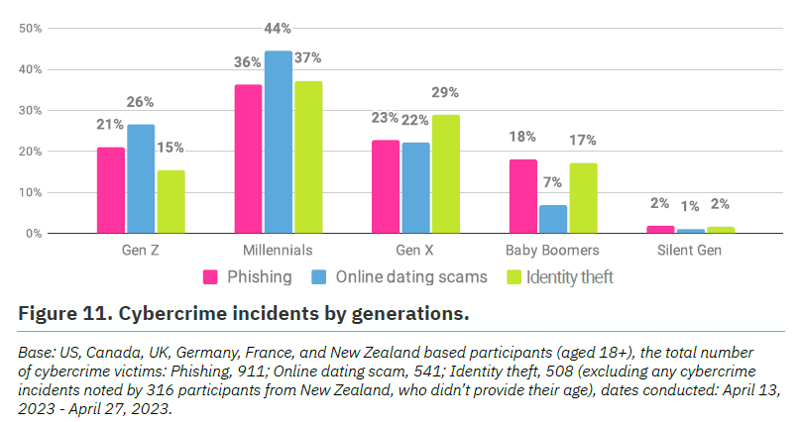2024 Cybersecurity Survey Insights
We're currently in a digital age where everything revolves around being connected online. Let's talk about why cybersecurity is super important. As technology gets better, so do the sneaky threats online.
A lot of times, it's our own actions that put us in danger of cyberattacks or scams. Things like using weak passwords or not caring much about security can really bite us later. You know, that feeling of thinking, "Nah, that won't happen to me." Turns out, human mistakes cause about 88% of data breaches.
But don't worry, organizations like the National Cybersecurity Alliance and CybSafe are on it. They release a report each year to teach folks and businesses how to make their online spaces safer.
This year, they asked over 6,000 people from the U.S., Canada, the U.K., Germany, France, and New Zealand about cybersecurity stuff. They wanted to know what people know about the risks, the best ways to stay secure, and what challenges they face.
The report gave us some cool insights. We found out how people see and deal with cyber threats and what they can do to protect themselves better. Here are some highlights from the report.
We're Pretty Much Always Online
No surprises here, 93% of the folks in the study are online every day. We're making more and more accounts, especially the ones with our sensitive info. Nearly half of those surveyed (47%) have ten or more sensitive online accounts! That's a big risk, especially if you're using the same password for a bunch of them.
Source: The Annual Cybersecurity Attitudes and Behaviors Report 2023
Online Security Can Be a Real Pain
A whopping 84% think online security is a big deal. But almost 39% also feel frustrated, and about the same number find it intimidating. It's like a never-ending battle against hackers. Only a bit over half of people feel like they've got control over their digital security. That leaves a lot of folks feeling vulnerable.
But that doesn't mean you should slack off on security. There are some easy things you can do to protect yourself:
- Use multi-factor authentication for your accounts.
- Get a spam filter for your emails to catch those phishing attempts.
- Add a DNS filter to block shady websites.
- Follow strong password practices.
We Need More Cybersecurity Training
One way to reduce mistakes with cybersecurity is by educating people. Sadly, only 26% of the survey participants had access to cybersecurity training. And it's not just about those who work; retired folks and others not actively working could use more training too.
Source: The Annual Cybersecurity Attitudes and Behaviors Report 2023
Employers especially can up their game by offering better training. This could really cut down on the risk of getting hit by a cyberattack.
Cybercrime Is on the Rise
About 27% of the people in the survey said they've been a victim of cybercrime. That's a lot! The most common ones reported were phishing (47%), online dating scams (27%), and identity theft (26%). Surprisingly, Millennials reported the most cybercrimes, while Baby Boomers and the Silent Generation reported the fewest.
Source: The Annual Cybersecurity Attitudes and Behaviors Report 2023
No matter which generation you're from, it's crucial to follow security best practices. Let's dive into some of those now.
Tips to Keep Your Online Life Safer
1. Use Strong, Unique Passwords
Start with the basics: create strong, unique passwords for each of your online accounts.
2. Try Multi-Factor Authentication (MFA)
Add an extra layer of security to your accounts with multi-factor authentication.
3. Keep Software Updated
Always update your software, including operating systems and apps, to stay protected.
4. Watch Out for Phishing
Be careful with emails from unknown sources, and verify the legitimacy of links and attachments.
5. Secure Your Wi-Fi
Connect to secure, password-protected Wi-Fi networks and avoid public Wi-Fi for sensitive tasks.
6. Back Up Your Data
Regularly back up important data to an external device or a secure cloud service.
7. Use Antivirus Software
Install reputable antivirus and anti-malware software on all your devices.
8. Check Your Social Media Settings
Review and adjust your privacy settings on social media to limit exposure of personal information.
9. Secure Your Devices
Use strong passwords or biometric authentication to lock your devices.
10. Stay Informed
Educate yourself and your team about cybersecurity best practices.
Get Cybersecurity Training Today
Knowing more about cybersecurity can really protect you from data breaches and scams. Our team can provide the training you need to stay safe online. Let's chat and set up a session! Or click here to learn more about our Cybersecurity Training program. Learn more








